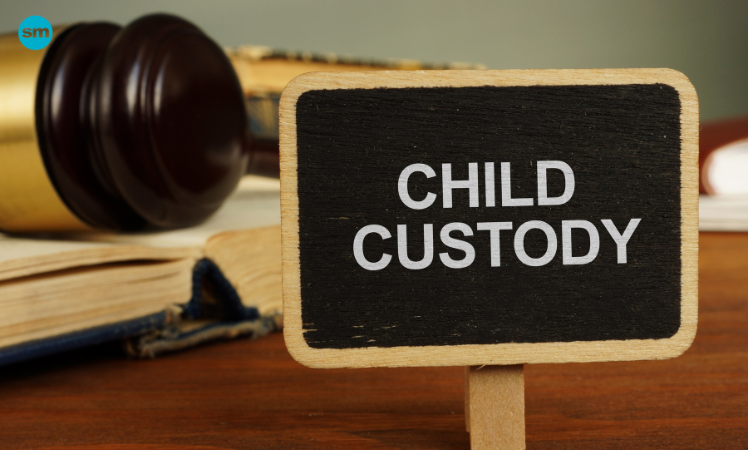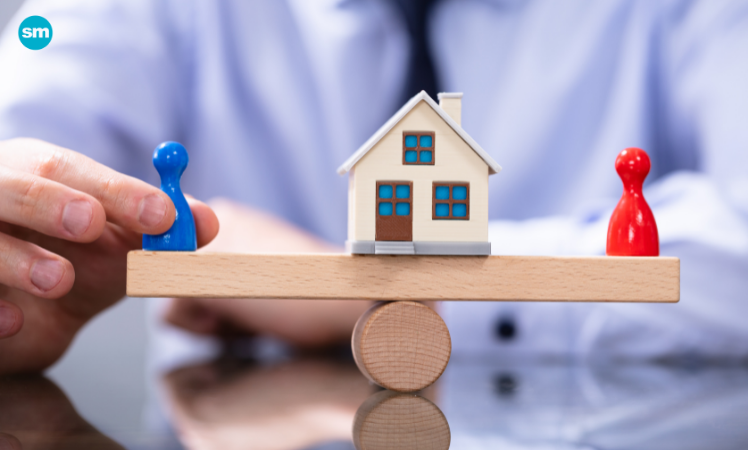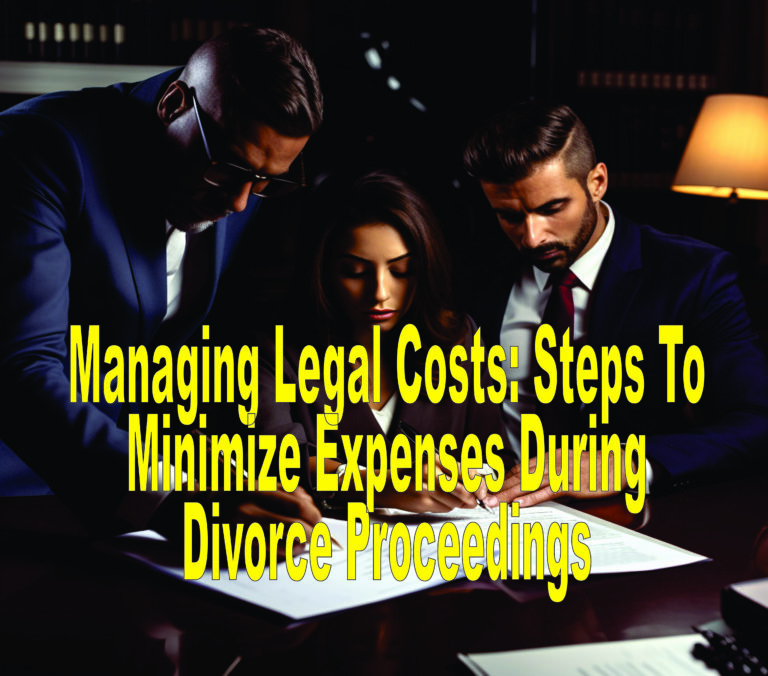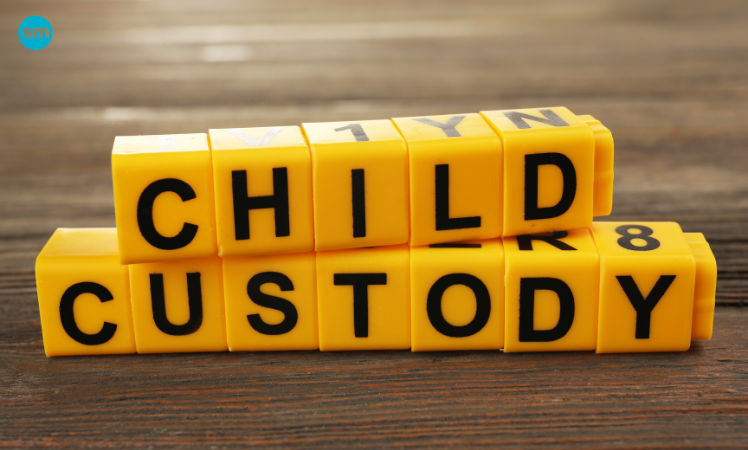Happy Divorce: The Psychology Of Divorce

Last Updated on January 19, 2024 by Lori Pace
Divorce is so common in the United States. According to the CDC, 2.9 out of every 1000 people are divorced. However, even if that’s the case, women over the age of 35 have declining divorce rates. This means young married couples are more likely to stay married. But, how can you have a happy life after divorce? And, what is the psychology of this “situation”?
Why Is There A Divorce Rate Decline?
People nowadays marry later than previous generations. Women’s average age to marry is 27 and 29 for men. People (millennials) experience a term she calls “slow love” because they experience a decade of exploring themselves through their sexuality before they tie the knot.
Why Does Divorce Happen?

No matter where you are from or what culture you come from, it is most likely that you will get divorced after four years of marriage. The human brain has evolved to have a drive to love and partner that lasts long enough to provide for a single child from infancy.
The average age of divorce is between five and eight years after the end of a marriage. People consider a long-lasting marriage to be 11 years in New York. Most marriages end in the second or fifth and eighth year of marriage, this is when warning signs start to appear. There may be children, new jobs, or you might not be happy with your job. This is where life really hits you.
What’s The Most Common Reason For Divorce?
Most often it’s about disappointment because people enter marriage with unrealistic expectations about how it will be and how they’ll live. When it comes to daily issues, money, kids, and jobs, it doesn’t turn out the way you planned.
There are several triggers that can help to get the ball rolling. Most of these are because of money, or financial situation. She explains that although finances are the most important factor in almost every divorce, there are many other factors that can cause separations. The major factors that predicate divorce are infidelity, drug/alcohol abuse, and physical abuse. These are situations where one or both parties can’t communicate or have control issues.
There are also times when people simply lose their love. Romantic love is a brain system just like the anger system, the fear system, the startle system, and the surprise system. It can activate very quickly and can be deactivated or activated almost immediately. But it is possible to remain in love for a long period of time. People don’t expect it and you don’t need to. These are the people who are deeply attached to their partner, love the person’s sense of humor, and they want to maintain a happy relationship.
The Psychological Impact Of Divorce
There are psychological issues that can arise when a marriage falls apart. When people plan for a certain life and future, it can be extremely difficult to change the trajectory and adapt to a new way of life. The logistics of dividing assets, moving, and figuring out custody are all stressful. Nearly everyone who has experienced this process will tell you that there are often feelings of guilt, shame, and regret. People tend to think about their own circumstances instead of offering support. This ultimately leads to isolation.
It can be especially difficult for people who have experienced attachment or depression in the past. Separation from a loved one can have a significant impact on past traumas and issues around attachment. This can also lead to deregulating emotions and trigger addictions.
The Life After Divorce: Happy Or Miserable?

There is no standard timeframe or plan for how this process should look. Everyone’s journey will be different and everyone needs to take care of their own health before they can move on. There is sadness when a loved one dies. Both people need to deal with their emotions and experience in order to make sense of life-altering events.
There are many practical obstacles to overcome when getting divorced. These barriers can slow down the healing process. It takes many years to get out of the throes of divorce. Getting a divorce takes time. It can take many years. Moreover, it also can take years for people to recover from a divorce or a marriage breakup. After divorce, happiness is not a quick thing.
Regardless of whether you initiate the divorce proceedings or are presented with paper-based legal documents, these issues can make it difficult and stressful. Those who did not initiate the divorce process often spend more time in denial and need to accept the reality of the situation because the other partner had more time for preparations. Both partners will find the divorce process difficult. Both partners may feel guilty, angry, hurt, or doubtful.
The Five Stages Of Divorce – When Will You Be Happy?
The five stages of divorce are identical to those of grief: anger, bargaining and depression, denial, anger, acceptance, and depression.
- Denial: It is refusing to accept divorce as reality. This is to protect people from being emotionally overwhelmed.
- Anger: After suppressing emotions in denial, anger is the next stage. People channel their anger into hatred and blame in the anger stage.
- Bargaining: Divorced couples often think back to their marriages and recall the moments that could have had an impact on the outcome. Negotiating is a way to reach an agreement. One partner promises to make changes or to question if the other has made the right choice. Bargaining is a way to get your life back and pump the brakes.
- Depression: This is the stage where the reality of the situation begins to set in. It’s often the hardest and longest.
- Acceptance: Finally, acceptance is when you accept the current situation and are able to find hope for the future. Some people may feel like they are back to their former selves or have a renewed sense of freedom and relief. Acceptance does not mean that all negative emotions will be gone. However, people will begin to see the light at the end of the tunnel. Remember that grief is a journey, not a one-way street.
The Conscious Uncoupling Route – Happy Divorce
There are couples who attempt to avoid these stages by entering the relationship with a positive outlook. It is designed to promote well-being for all involved, parents included. Conscious uncoupling is based on mutual respect and self-awareness. It is a way to remove the drama and animosity from divorce and to let the couple live happily without compromising their peace.
Effect On Your Kids – Happy Divorce Or Not?

Divorce has a profound impact on children, regardless of how they go about it. Children will show the effects of divorce in different ways. It’s important that they feel free to express themselves and their concerns. Everyone involved needs a support system.
You, the parent, set the tone for how other people can be supportive. You choose how much and how often you share with others. It can be confusing to listen to all the opinions you hear from others. Your loved ones won’t judge you. They just want to be there for you and help get you through this difficult time.
What Your Child Wants From Mom And Dad During A Divorce
- Both of you are essential to their daily life. You can call, email, or text them to ask lots of questions. If you stop being involved with them, it will make them feel unimportant and seem like you don’t love or care about them.
- Stop fighting and try to work together. Talk to them about things you agree with. If you have a fight with them, they’ll believe they did something wrong and feel guilty.
- They love you both and want to spend time with you. Please show your support for them and the time I spend with you. If you are jealous or upset with the other parent, they’ll feel that they must take sides and love each parent more.
- You can communicate directly with one another so they don’t need to send you messages back and forth.






